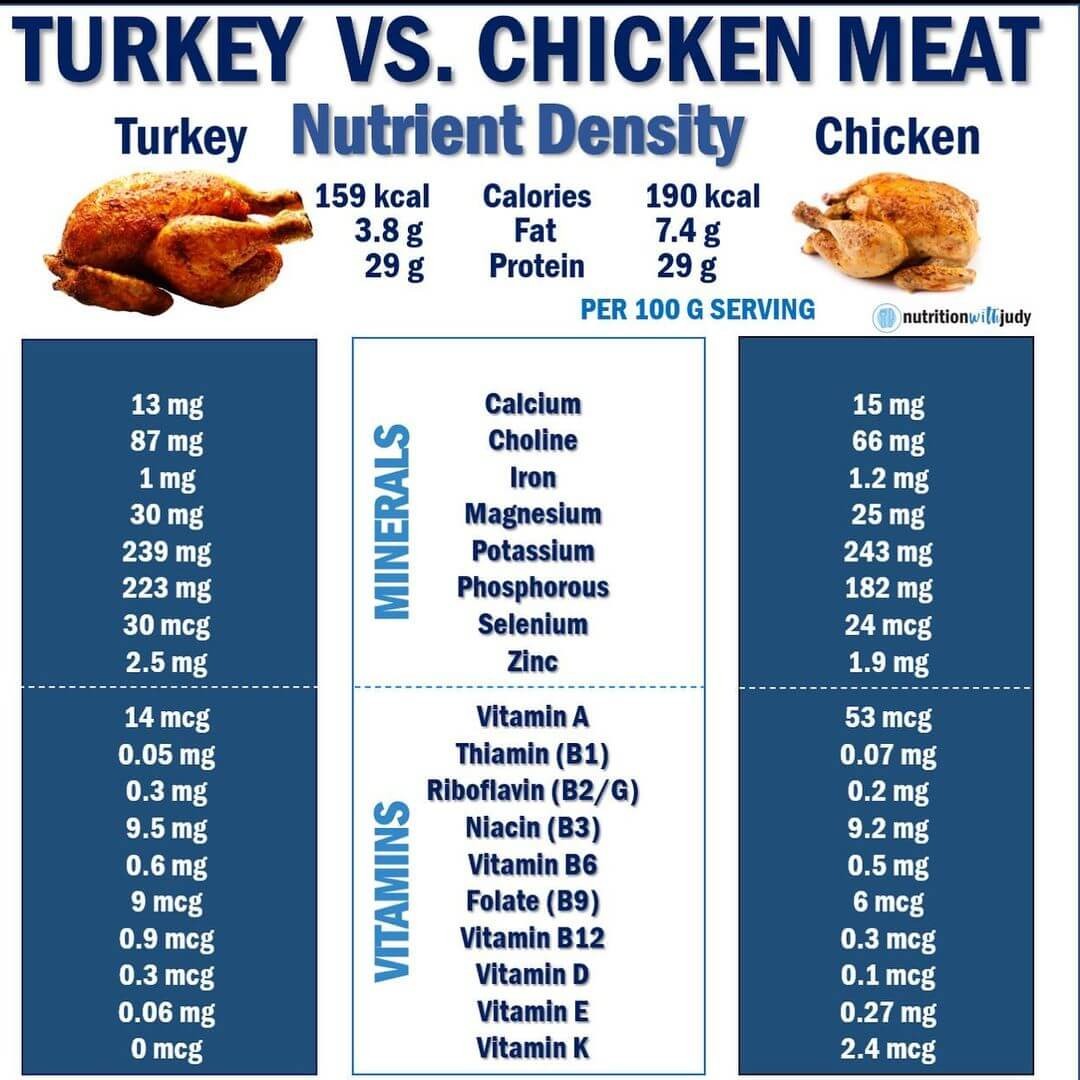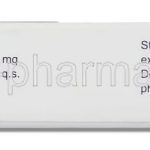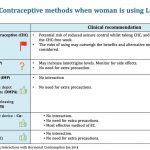
Contents
Is Turkey a Healthier Meat Option Than Beef, Pork, or Chicken?
Turkey is an excellent protein source. When prepared and consumed in moderation, turkey is one of the healthiest meat options.
Turkey and chicken are both poultry-based protein sources. Their meat comes from birds.
In contrast, red meat is flesh from mammals, such as beef from cows and pork from pigs. Most diets recommend prioritizing poultry and plant-based proteins over red meat.
Turkey is one of the healthiest meat options when prepared and consumed in moderation.
Turkeys are domestic and wild birds cultivated or hunted for their meat. Whole-roasted turkey is a popular holiday meal in many American households.
Turkey meat is not uniform throughout the bird. It contains regions with dark meat and others with light meat.
Turkey meat is also ground into patties and sausages or processed into deli meats.
What nutrients are found in turkey?
The nutrient composition of turkey meat may vary depending on whether you’re eating light or dark meat and how the food is cooked. It’s important to read nutrition labels and choose low-fat, unprocessed products for a healthier diet.
For 100 grams of raw turkey meat, the following nutrients are present:
- Water — 72.7 grams
- Protein — 21.6 grams
- Total fat — 5.64 grams
- Carbohydrates — 0.14 grams
- Sugars — 0.07 grams
- Calcium — 11 milligrams
- Iron — 0.86 milligrams
- Magnesium — 25 milligrams
- Phosphorus — 183 milligrams
- Potassium — 224 milligrams
- Sodium — 112 milligrams
- Zinc — 1.78 milligrams
- Copper — 0.077 milligrams
- Manganese — 0.012 milligrams
- Selenium — 21.3 micrograms
- Thiamin — 0.048 milligrams
- Riboflavin — 0.185 milligrams
- Niacin — 7.63 milligrams
- Pantothenic acid — 0.811 milligrams
- Vitamin B-6 — 0.599 milligrams
- Folate — 7 micrograms
- Choline — 58 milligrams
- Vitamin B-12 — 1.22 micrograms
- Vitamin A — 17 micrograms — all from retinol
- Vitamin E — 0.09 milligrams
- Vitamin D — 0.3 micrograms
In terms of fat content, turkey contains a balanced mix of polyunsaturated fatty acids, monounsaturated fatty acids, and saturated fatty acids. The balance of fatty acids found in turkey meat is better for your health than an abundance of saturated fats.
Compared to raw turkey, pre-packaged turkey breast slices contain more carbohydrates and added salt. It’s recommended to choose low-sodium, unprocessed turkey products.
Is turkey healthier than red meat?
For the most part, turkey is one of the healthiest meat options available. It shares similar healthy nutritional properties with skinless chicken. Both are low-fat, heart-healthy meats.
Lean options like turkey are healthier choices than red meats. Studies show a significant connection between red meat consumption and health conditions such as type II diabetes, heart disease, and colorectal cancer. Red meats are high in saturated fats.
For example, compared to cooked ground beef, turkey has less fat and a higher concentration of B vitamins. However, it’s important to choose low-fat options if consuming beef and limit your intake for better long-term health.
QUESTION
Is turkey healthier than pork?
Turkey is generally healthier than beef but might not be healthier than all red meat products. Pork, while sometimes referred to as another white meat, is still red meat as it comes from a mammal.
For comparison, fresh broiled pork loin contains more fat than turkey but less fat than ground beef. It can be a better option if you choose to consume red meat.
How much turkey should you eat?
The recommended daily amount of turkey and protein intake depends on factors such as age, sex, height, weight, and physical activity. It’s best to consume a variety of protein sources for a balanced nutrient intake.
In general, turkey can be a delicious addition to your diet along with other healthy foods like fruits, vegetables, and whole grains.
Sources: Diabetes Care, Health Hub, USDA FoodData Central, USDA MyPlate.


